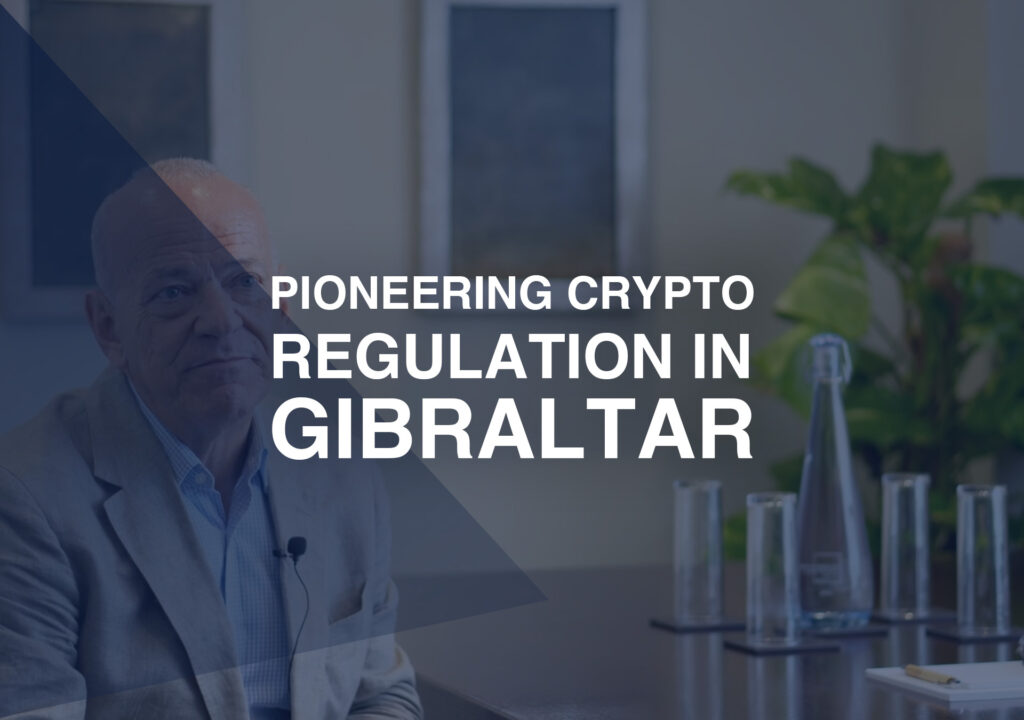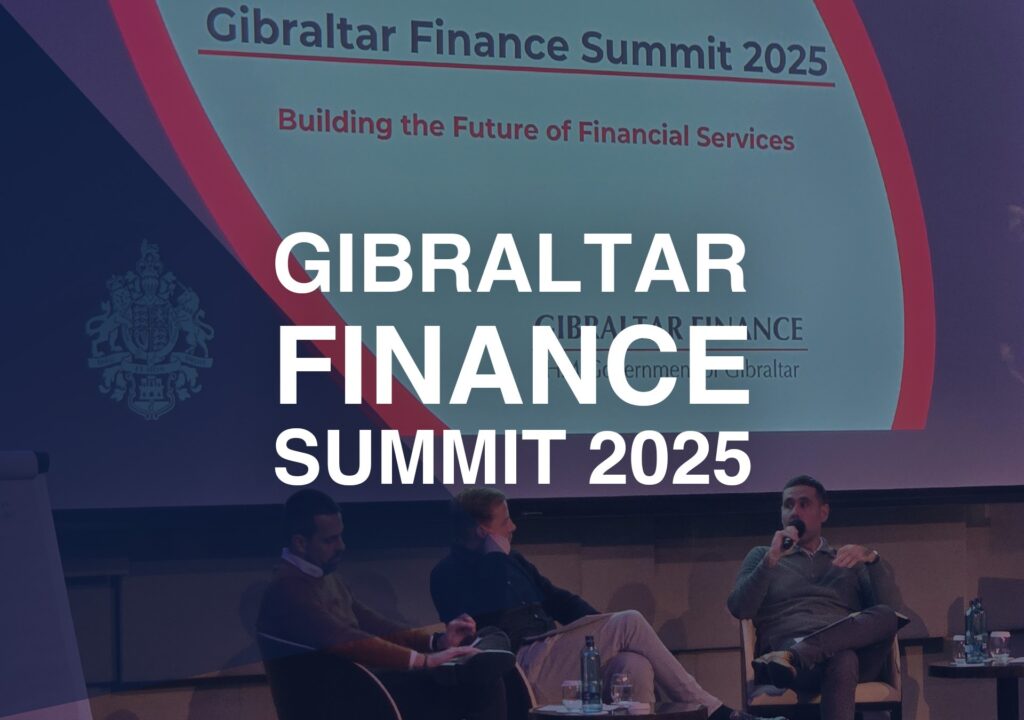Decentralized Finance (DeFi) is becoming a significant component of the financial services ecosystem. Despite the challenges, DeFi users have gone from 4.7 million at the start of 2022 to more than 6.5 million today. The number of unique DeFi users has increased by nearly 700% over a two-year period, with just 940,000 users at the start of 2021 (https://www.nansen.ai/guides/defi-statistics-in-2022). As a result, the software has had to evolve and progress with the increasing number of users. As the software becomes even more advanced, it raises some interesting questions for regulators.
There is a fine line between software just being software and it becoming a regulated activity. Events in 2022 have proven the urgent need for regulation and accountability, but how do you hold software accountable when there isn’t an obvious controlling party?
The sanction of Virtual Currency Mixer Tornado Cash in August 2022 is an interesting example of when the controlling party was in fact blamed. The action marked the first time the United States Treasury’s Office of Foreign Assets Control (OFAC) has targeted an on-chain decentralized protocol. In an unprecedented move, US authorities named and blamed the protocol itself. The situation showed the world that in some cases, the software can be judged to be at fault. With DeFi use on the rise, is this outcome something we can expect more of in the future?
The crash of FTX brought the need to scrutinise the new and emerging generation of technology-enabled financial services under a finer lens. As a result, regulators in numerous jurisdictions are investigating the regulation of DeFi, however, this requires a complete mindset shift and changing the concept of DeFi altogether. By its nature, the decentralised nature of DeFi and the absence of any administrative intermediary means that determining the entity responsible for applying Anti-Money Laundering/Combating the Financing of Terrorism (AML/CFT) measures, for instance, can be a significant problem. Regulators and developers will need to work closely to preserve the integrity of the DeFi concept, as well as the robustness of the financial system.
For the moment, jurisdictions seem content for the activity to remain classified as software provision and not cross the regulatory perimeter. However, it could become a more attractive choice to protect the space as it continues to evolve. Financial authorities around the world will be looking at potential concepts to incorporate a regulatory framework into the space as it seems this is the direction the space is going.
Gibraltar has always approached the emerging digital financial space with an open perspective, and it will continue to do so to keep up with advances in DeFi. It has always been a central focus point for Gibraltar, and this was proven in 2018 when Gibraltar became the first jurisdiction in the world to provide a purpose-built regulatory framework for businesses that use blockchain or distributed ledger technology.
2022 was somewhat of a wake-up call for the wider DLT space and with the continued growth and development of the sector, I believe it will be a necessity to regulate in the future. To do this, regulators and developers will need to work in harmony. In a DeFi world where the nature of associations is decentralized, the relationship between the regulator and the regulated would need to be altered. In adapting to a new reality, consumers and society will be protected, while ensuring the industry and public can benefit from innovation.




